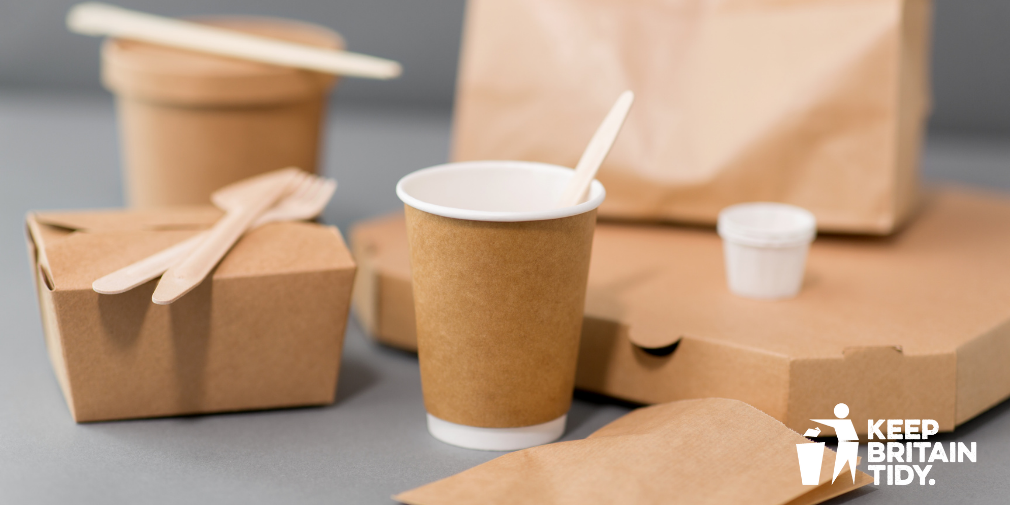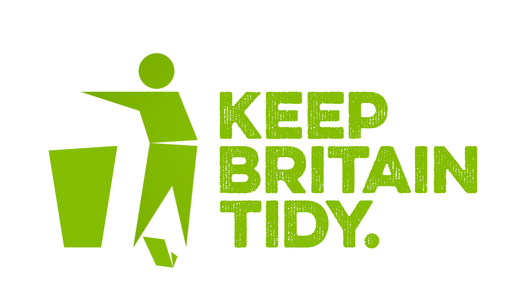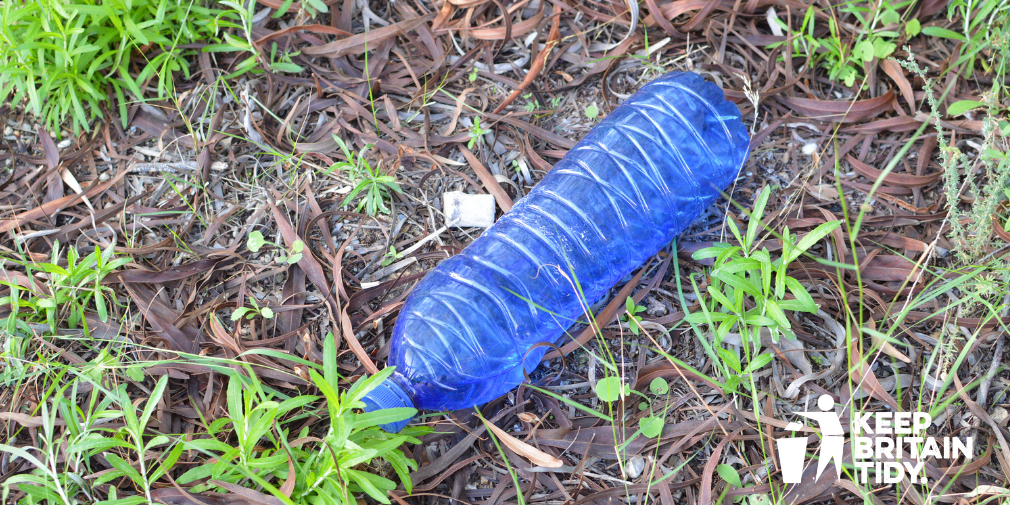
Extended Producer Responsibility (EPR)
An all-in comprehensive Extended Producer Responsibility regime is vital to Keep Britain Tidy’s plan to turn the rising tide on litter.
Defra has recently completed public consultations on this potentially ground-breaking initiative that, if designed correctly, will have a major impact on the packaging we use every day and the amount of that packaging that gets littered.
Extended Producer Responsibility (EPR) could see the companies that put the packaging out there incentivised to reduce the amount they create, increase their use of refillable and easily recyclable alternatives and also financially penalised for using non-recyclable packaging.
We believe the EPR scheme offers a meaningful chance to tackle the root causes of many environmental problems by fully adopting the “polluter pays” principle. This underpins the proposals by shifting the costs of pollution onto those who profit from placing large amounts of packaging on the market.
We joined forces with a network of leading environmental organisations to respond to the public packaging EPR consultations – using our strong joint voice. You can read our responses below:
- Our response to the Defra Consultation on Extended Producer Responsibility for packaging- as part of Wildlife and Countryside Link Network, June 2021
- Our response to the Defra Consultation on Extended Producer Responsibility for packaging – joint response by Keep Britain Tidy, Keep Northern Ireland Beautiful, Keep Scotland Beautiful and Keep Wales Tidy, June 2021
In 2022, Keep Britain Tidy together with Keep Scotland Beautiful, Keep Wales Tidy and Keep Northern Ireland Beautiful also wrote to the Environment Ministers at Westminster, Holyrood, Senedd Cymru and Stormont to ask them to ensure that litter is made a key component of EPR schemes:
A copy of our letter can be read here. Our call for packaging producers to be fully held to account over litter caused by their products was backed by more than 40 other organisations including Marine Conservation Society, Landscape Institute, the Women’s Institute and RSPCA.
Although it is placed on the market by producers, it is local authorities and other bodies – and ultimately the taxpayer - that pay the price of managing the millions of tonnes of poorly designed, excessive and unnecessary packaging, in line with their statutory duty to keep their land free of litter.
The effort of this endless clean-up also falls to our many thousands of #LitterHeroes volunteers, who work tirelessly to help to clear littered packaging from our streets, parks and coastlines.
Sustainability consultants Eunomia recently estimated that the cost of managing littered packaging by local authorities is around £384m a year but this figure only reflects a fraction of the scale of the problem of littered packaging and the resources that are needed to address it.
It does not reflect the costs incurred by other duty bodies (such as road and rail authorities, water authorities and national park authorities) or the contribution of litter-picking volunteers, nor does it reflect the considerable funds and resources that are raised and allocated for litter prevention campaigns across the UK.
Finally, the figure does not factor in the environment cost of tonnes of plastic waste that is not captured by street cleansing and finds its way into our countryside and into our watercourses and, ultimately, our oceans.
We urge the UK Government to follow the lead of the Welsh and Scottish Governments, by shifting the financial burden of litter back onto those who place harmful and pervasive items on to the market.
The difficult issues

The UK Government produced a consultation on EPR proposals jointly with Welsh, Scottish and Northern Ireland Governments in 2021. It was proposed that under the forthcoming EPR system, producers would be made responsible for the full net costs of managing packaging waste, including bin and ground litter management costs.
In 2022 Keep Britain Tidy was among environment charities from all four nations leading the call for litter payments to form a key component of the UK Government’s Extended Producer Responsibility (EPR) reforms - backed by more than 40 other organisations including Marine Conservation Society, Landscape Institute, and the Women’s Institute.
Collectively we renewed our calls for packaging producers to be fully held to account over litter caused by their products, with statutory litter payments made a key component of the Government’s EPR plans.
The UK Government published their response to the consultation in March 2022.
Disappointingly, Government has reversed their plans to introduce payments for packaging waste that is littered from the EPR plans for England and Northern Ireland – despite the collective plea by ourselves and more than 40 organisations.
By reversing their position on EPR litter payments, Government’s decision means that local councils in England and Northern Ireland will continue to foot the bill for litter clean up, whilst Welsh and Scottish councils will receive extra funding from packaging producers to support their litter clearance systems. The decision in England and Northern Ireland also appears to have gone against the environmental principles, such as the polluter pays principle, that were recently enshrined in legislation through the Environment Act.
When is EPR planned to start?

Defra has confirmed it will now implement EPR in a phased manner from 2024, rather than 2023, focussing on payments for household packaging waste and packaging in street bins managed by local authorities, with such payments being determined from 1 April 2024.
Yet as more authorities and organisations declare climate emergencies and as the impact of plastic pollution becomes ever more apparent, the need to change our consumption models and modify our lifestyles is becoming more urgent.
If we are serious about getting to grips with these issues, then early action is vital and these crucial interventions must not be further delayed.

